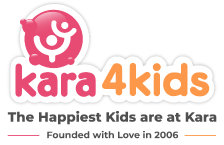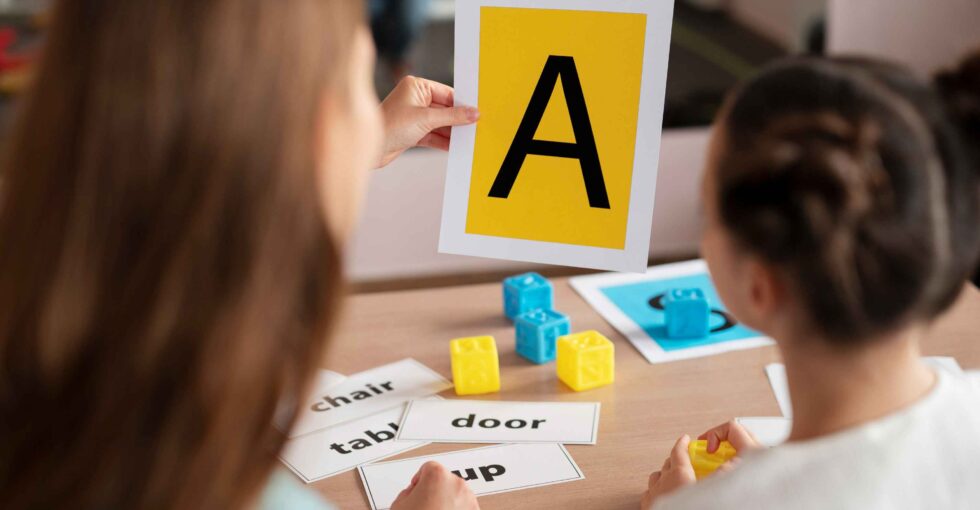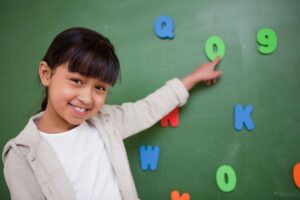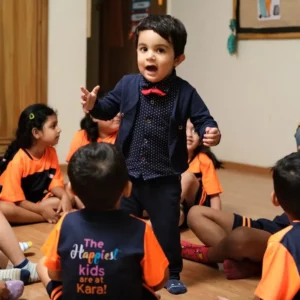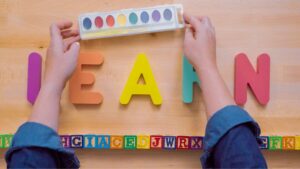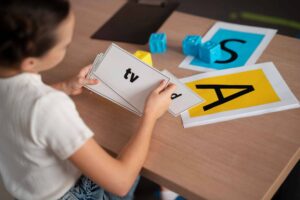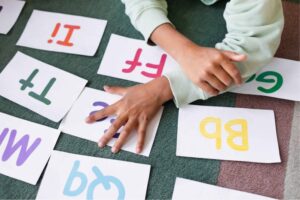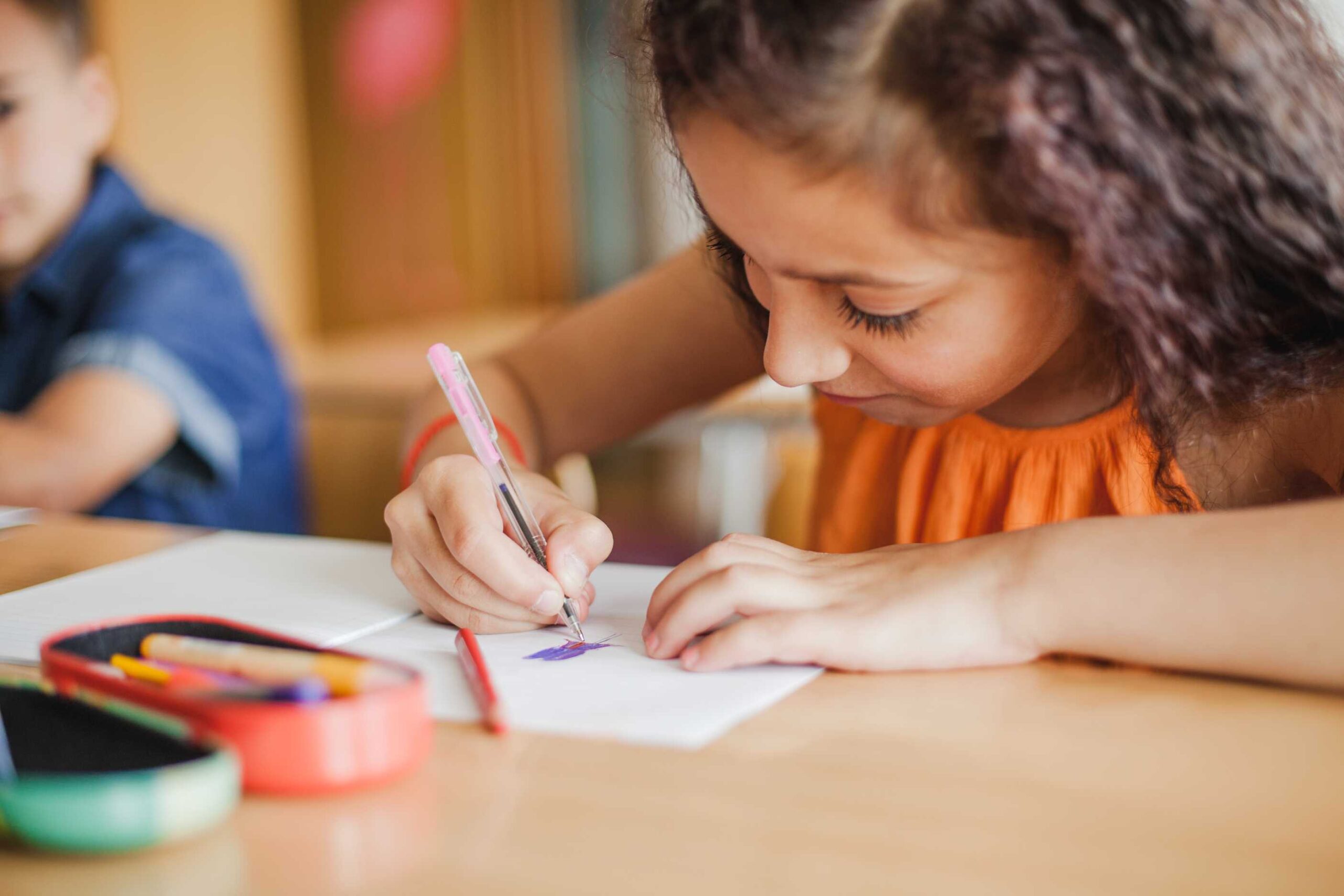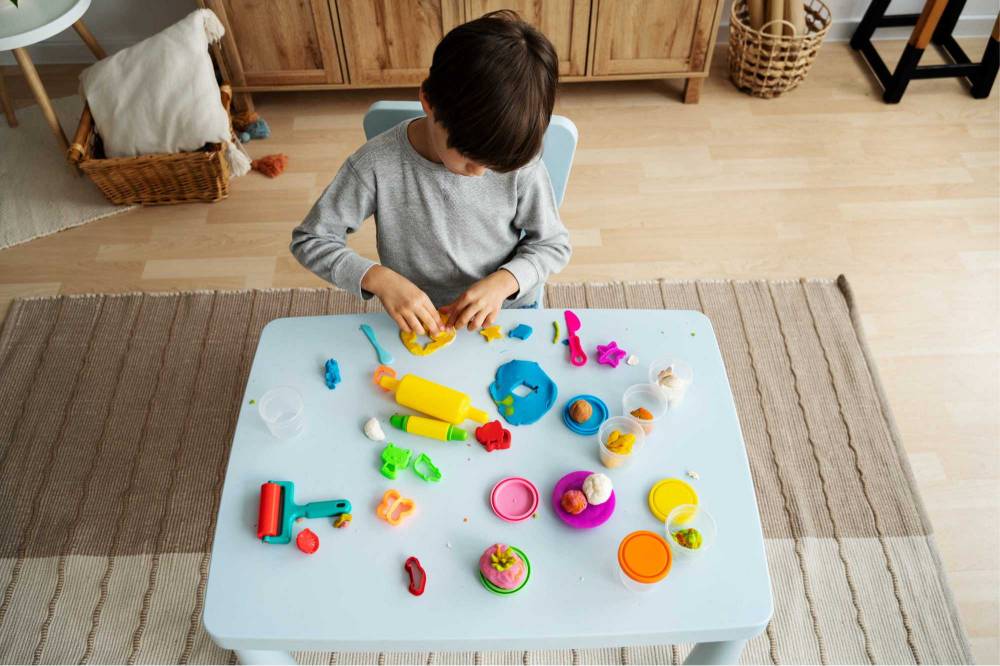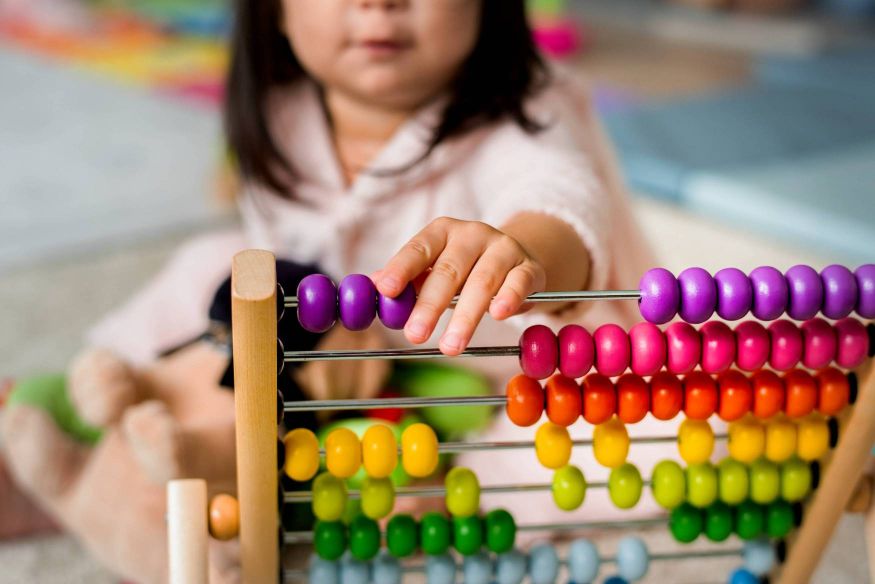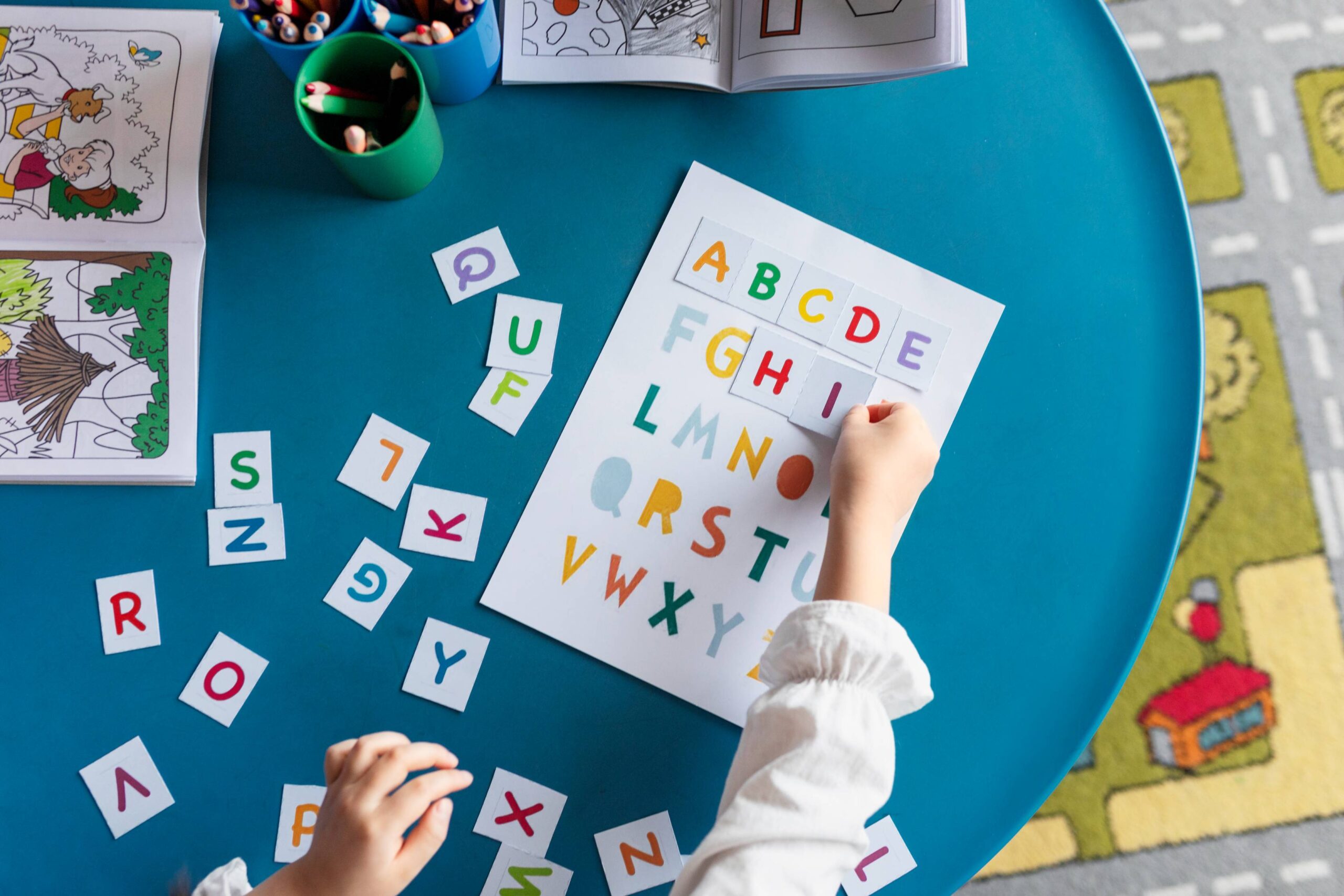When kids start with their early childhood education, language development plays an important role as it shapes the way children talk and communicate, learn to express, and understand others. From the time they are born, children start absorbing sounds, structures of language, and with time as they grow up they learn to form words, phrases and full sentences. It is important to nurture these skills as language development is not just about speaking but is also about listening, understanding and eventually learning to read and write.
Advantages of Language Development Skills
When children are engaged in language development activities, it significantly enhances their linguistic skills, setting their academic and social foundation strong for the future. Inculcating language development in early childhood education builds effective communication skills, and social interaction. Kids learn to express and connect with the world around them when they learn through different activities and play. These activities don’t just aim to enhance vocabulary but also improve overall cognitive abilities, setting a strong foundation for learning.
Below are several key advantages of incorporating language development activities into a child’s daily routine:
- Enhanced Communication Skills: Language development activities help children articulate thoughts, emotions, and ideas more effectively. When the kids learn to use words in the right way, and form sentences they are able to communicate with people around them, which is essential to build relations and to be able to express their thoughts and feelings.
- Better Academic Performance: Strong language skills are closely linked to academic success. Those kids who have a strong vocabulary and the ability to understand complex sentences tend to be good at reading and writing. Language development activities enhance these skills at early stages, preparing them for school and beyond.
- Increased Cognitive Development: Language learning is deeply intertwined with cognitive development. Activities that enhance language development skills also tend to promote critical thinking, the ability to solve problems, and sharpens memory.
- Improved Social Skills: Language development activities often require interaction with others, which enhances social skills. Participating in group activities, sharing stories, and singing songs together teach children how to listen, take turns, and cooperate.
- Enhanced Listening Skills: Good communication isn’t just about speaking but also about listening. There is a significant amount of listening that is involved in language activities. This helps children learn to focus and understand spoken information better. Being able to listen carefully and with attention is not just a skill needed for academics, but for everyday life as well.
- Increased Confidence and Self-Esteem: As children become more proficient in using language, their confidence often grows. When kids are able to express themselves and when people around them are able to understand them, it boosts their self-esteem. This confidence encourages them to be more participative in class and interact more, further enhancing their interpersonal skills.
- Cultural Awareness and Sensitivity: Many language development activities include elements of different cultures, such as stories, songs, and poems from around the world. This exposure helps children appreciate and respect cultural diversity, fostering a sense of global citizenship from a young age.
- Foundation for Future Language Learning: Early language activities can set the stage for learning additional languages later in life. Children who develop strong foundational language skills are typically more successful at acquiring second or third languages, as they can easily transfer the skills learned from their first language.
10 Language Development Activities
- Storytelling Sessions: Encourage children to tell their stories or retell a story they have heard. This helps in expanding their vocabulary and understanding of narrative structures.
- Song and Rhymes: Singing songs and reciting rhymes are fun ways to learn about rhythm, tone, and diction. Music helps in memorization and can introduce new words in an engaging context.
- Picture Books: Reading picture books with children not only introduces them to new words but also to concepts and ideas that are crucial for language comprehension.
- Labeling Game: Place labels on everyday items around the house. This helps children connect words with their corresponding objects, enhancing their vocabulary.
- Role Play: Engage children in role-playing activities where they can act out different scenarios. This activity encourages them to use language contextually and interactively.
- Flashcards: Use flashcards with words and pictures to teach new vocabulary. This can be turned into a variety of games that make learning fun and interactive.
- Crafting Stories: Have children draw a sequence of events and then tell a story based on their drawings. This stimulates their imagination and helps in structuring their thoughts in a narrative form.
- I Spy: The classic game of “I Spy with My Little Eye” is excellent for teaching children to describe what they see, enhancing their descriptive language skills.
- Daily Journals: Encourage older children to keep a daily journal. Writing regularly can improve grammar and sentence structure, as well as help children express their thoughts and feelings.
- Question and Answer Games: Regularly engage children with questions that require more than yes or no answers. This prompts them to think and formulate their responses more comprehensively.
A Foundational Skill For the Future
Language development is a process that doesn’t stop and is ongoing. Playing an important role in enhancing the overall development of children. The activities that help children in learning while also having fun. It also supports their development by acting as guiding tools needed to not just succeed academically but socially as well. When activities like these are incorporated into the day-to-day routines, a rich linguistic environment is created. Kids don’t just develop language skills but also critical thinking and creativity. With kids growing older, their language skills will act as the foundation for all future learning, and that is when language development activities are worth including.
